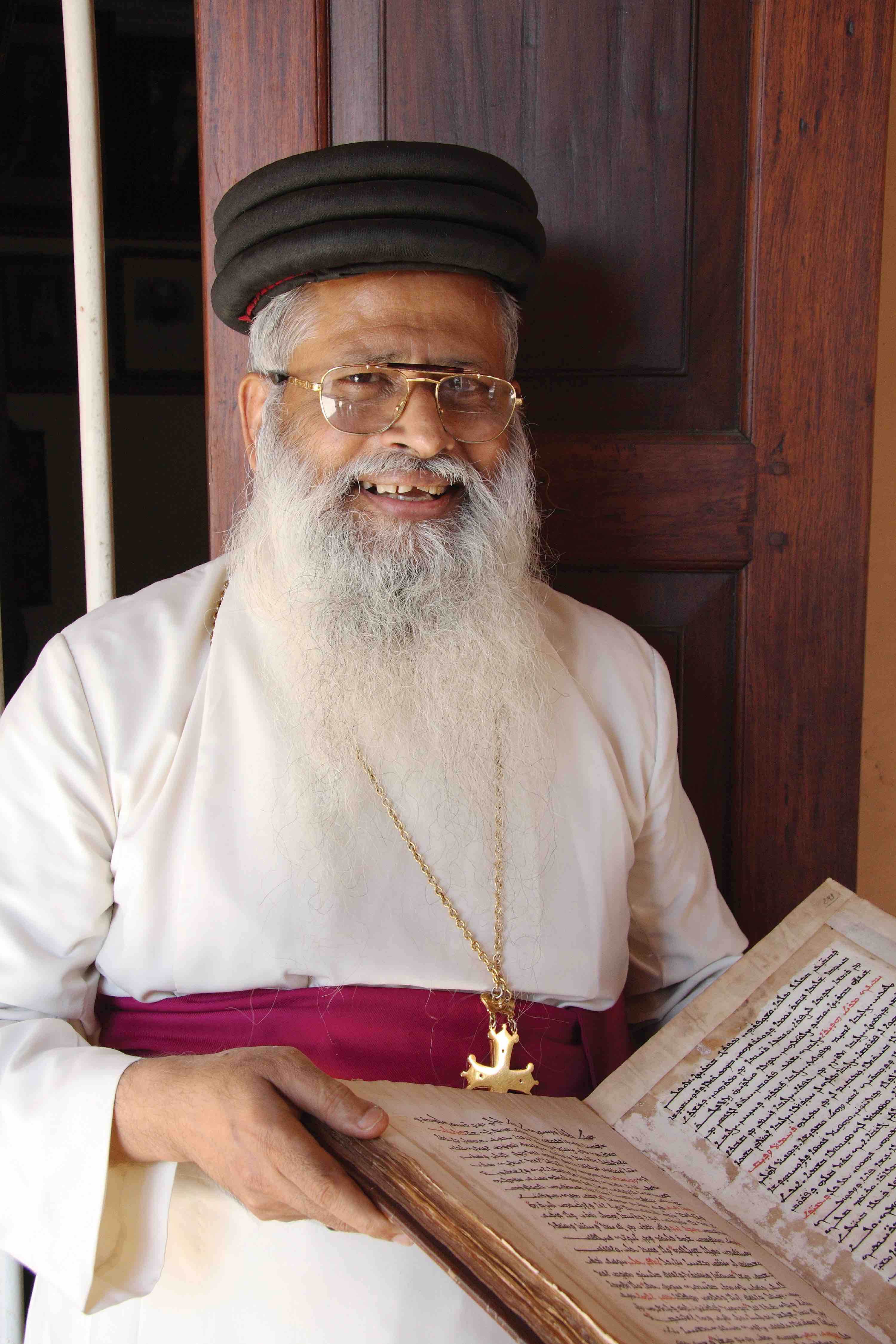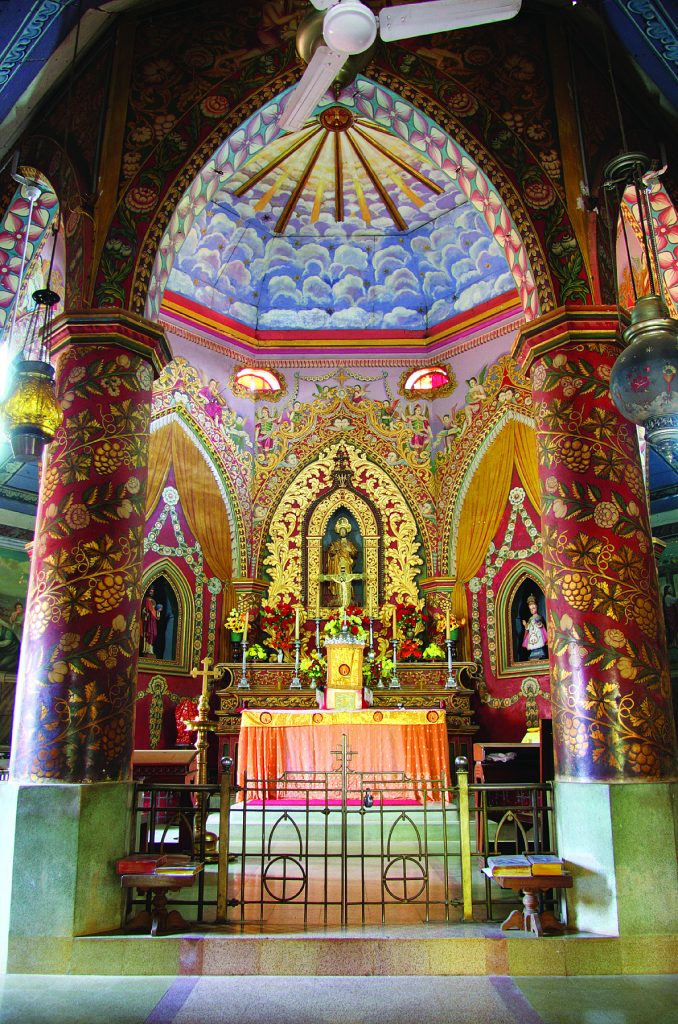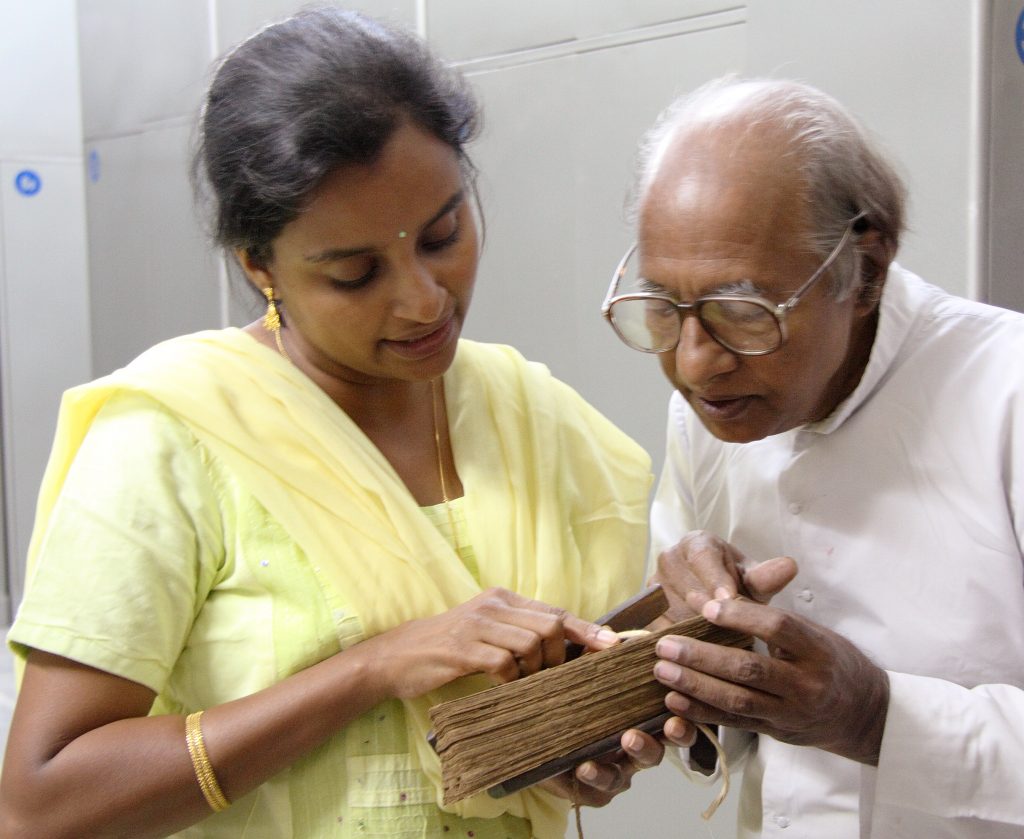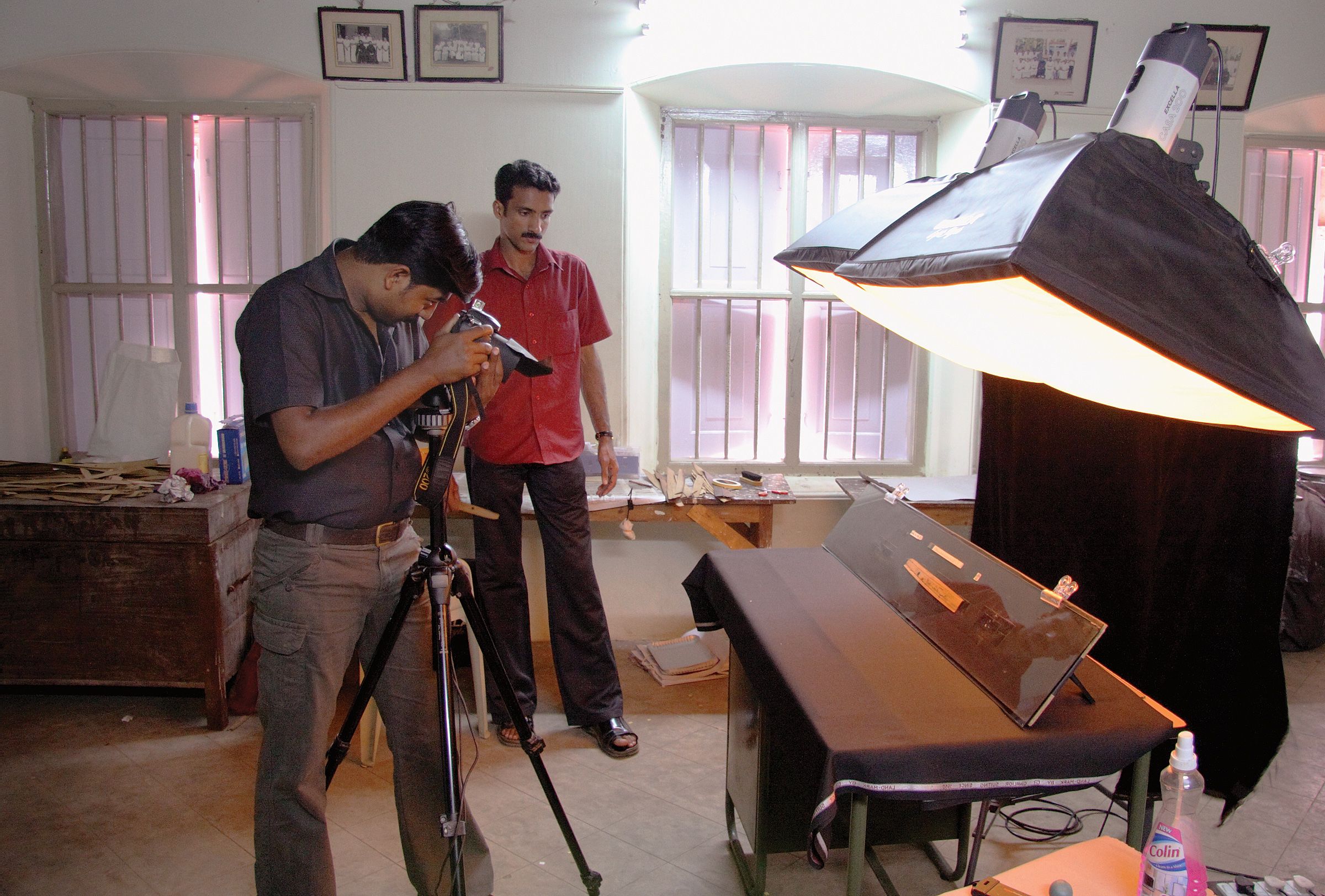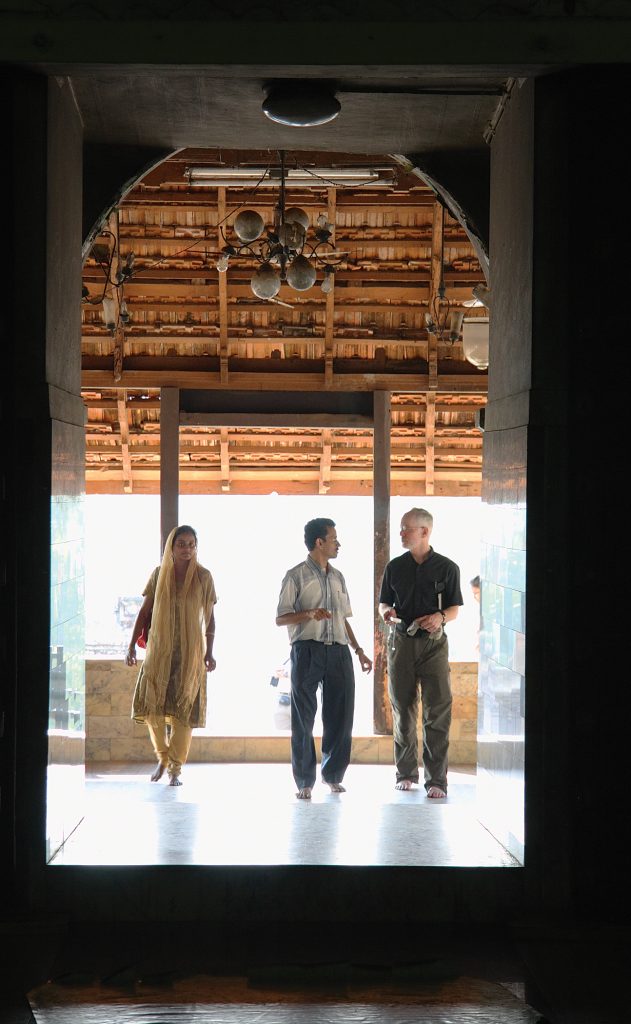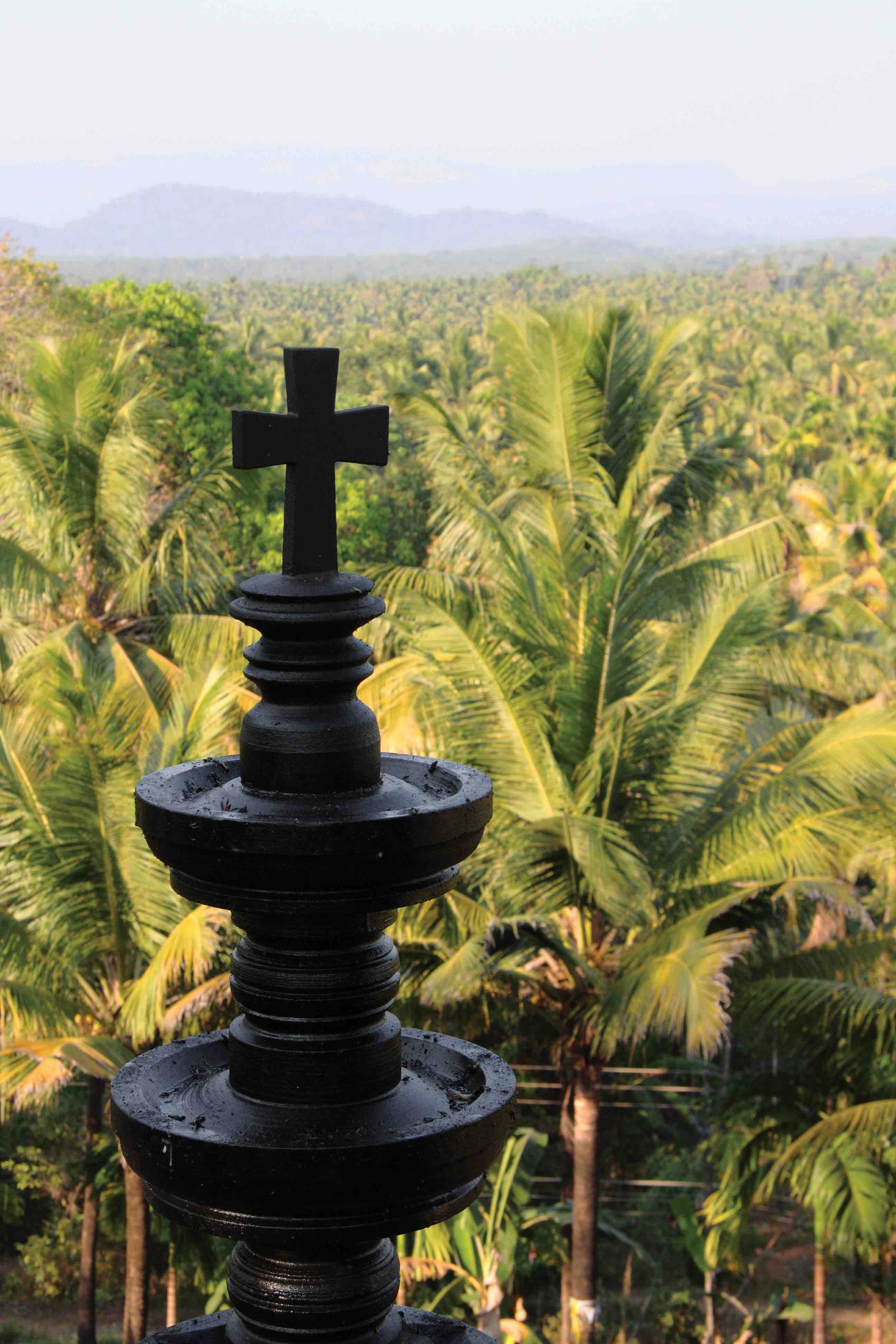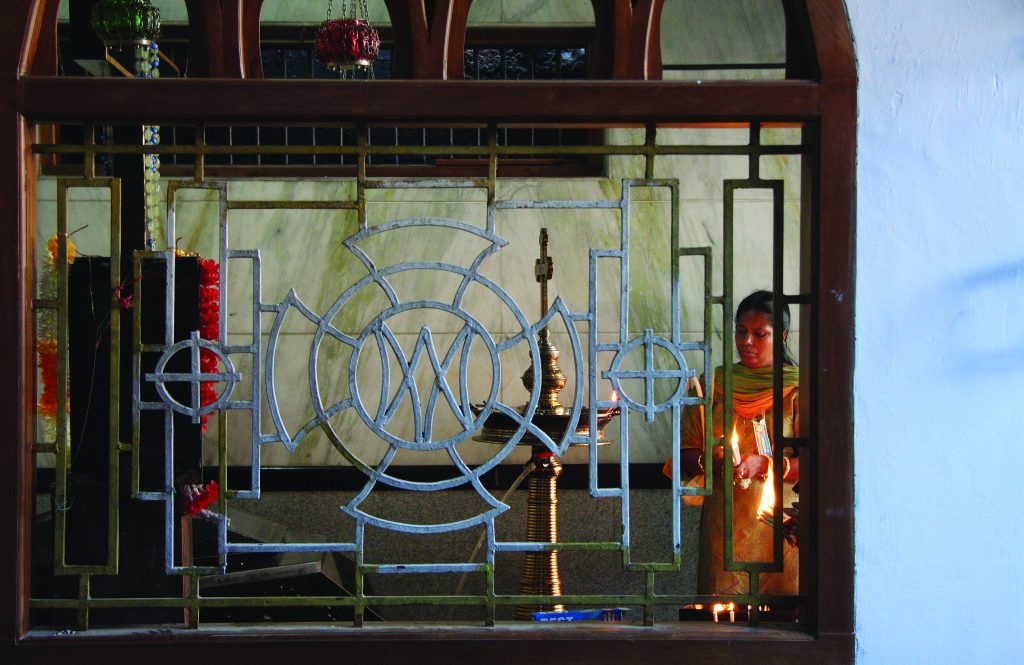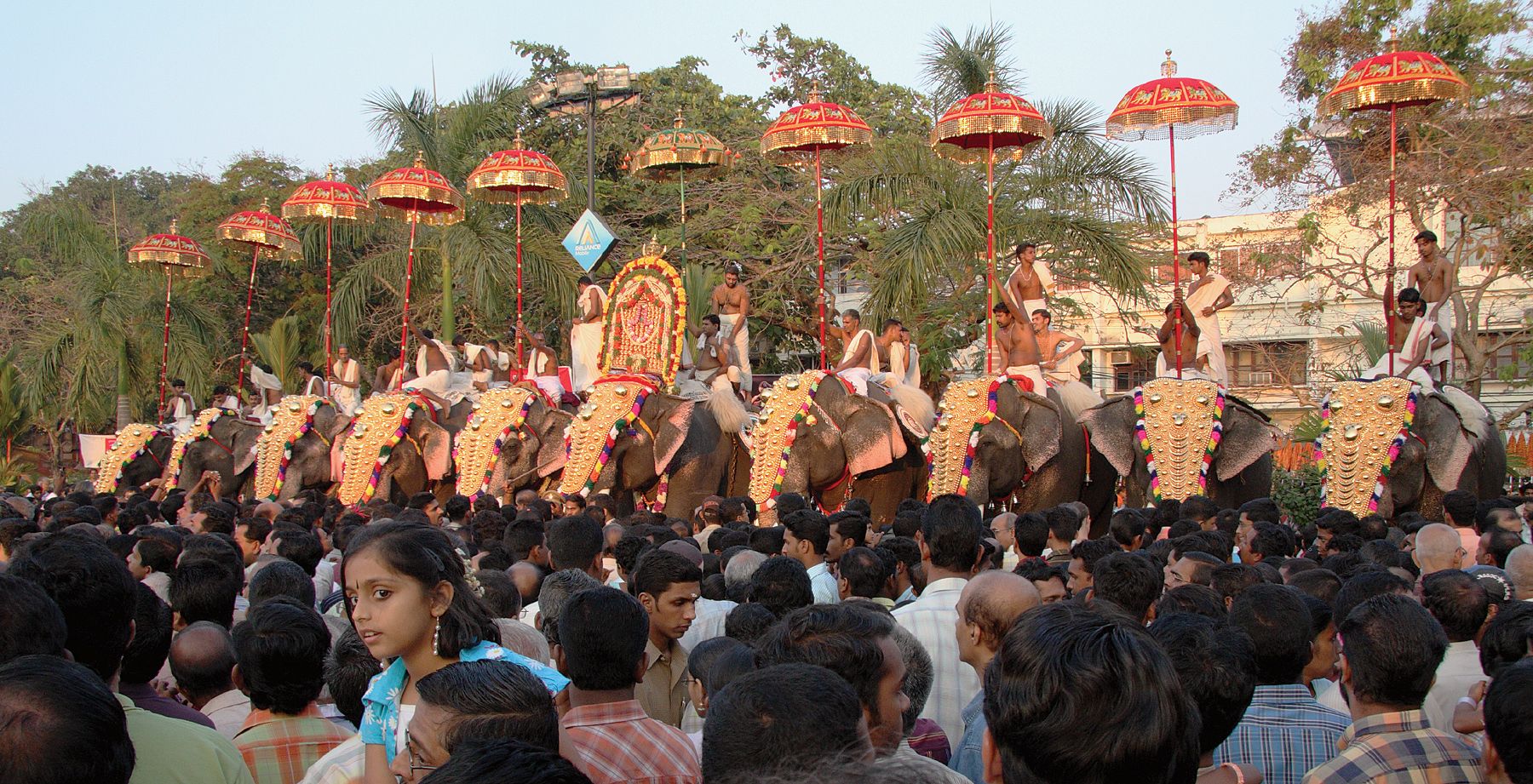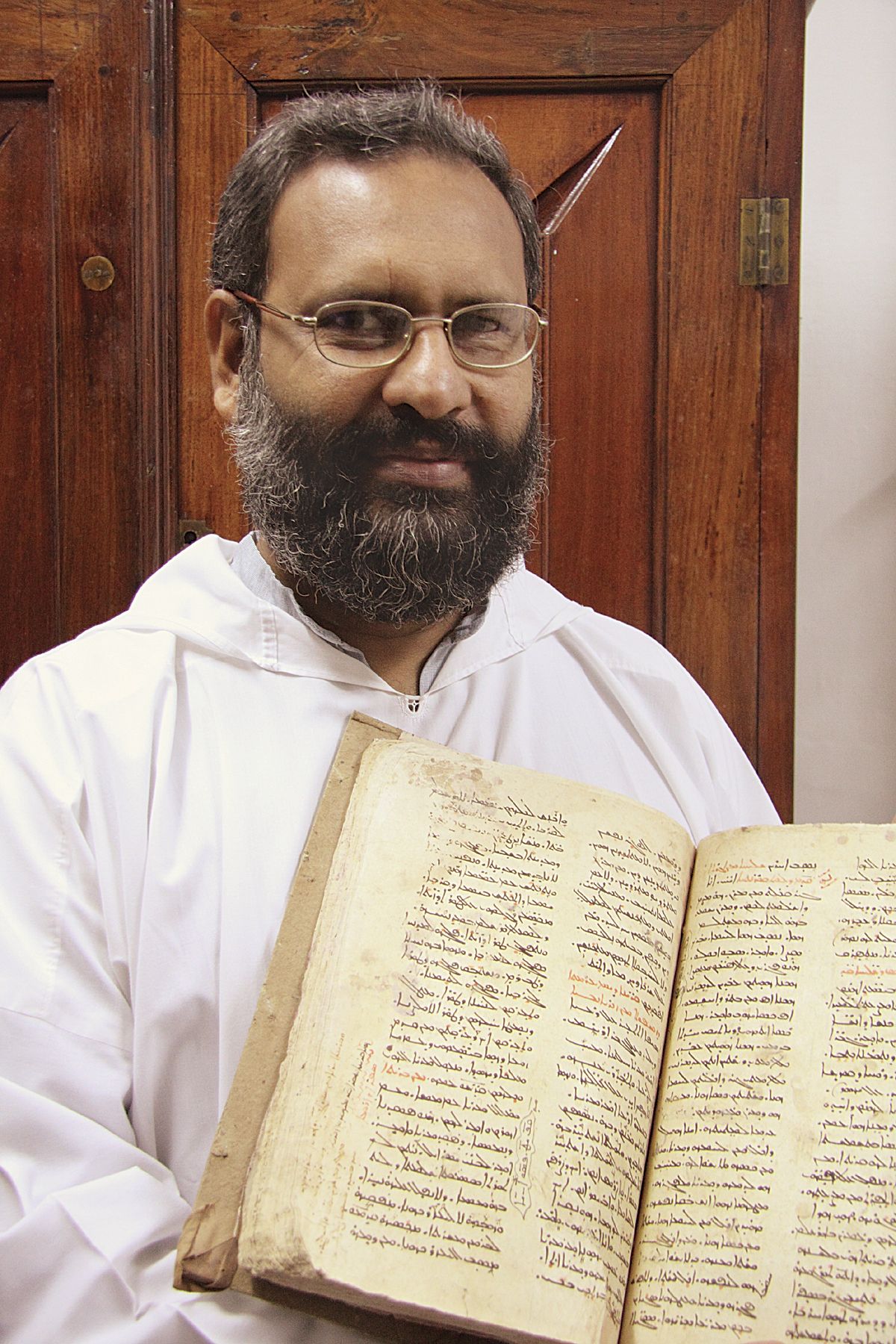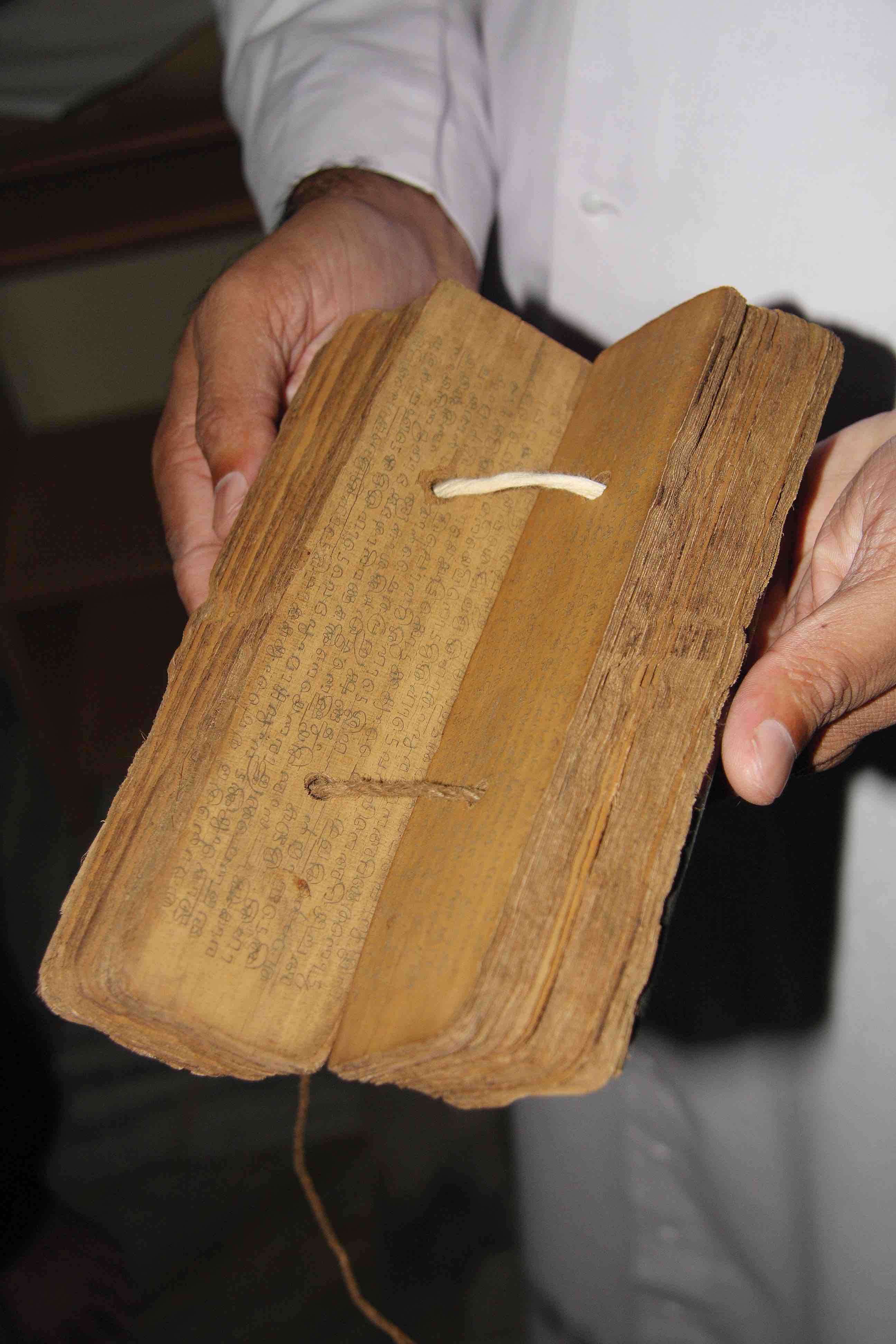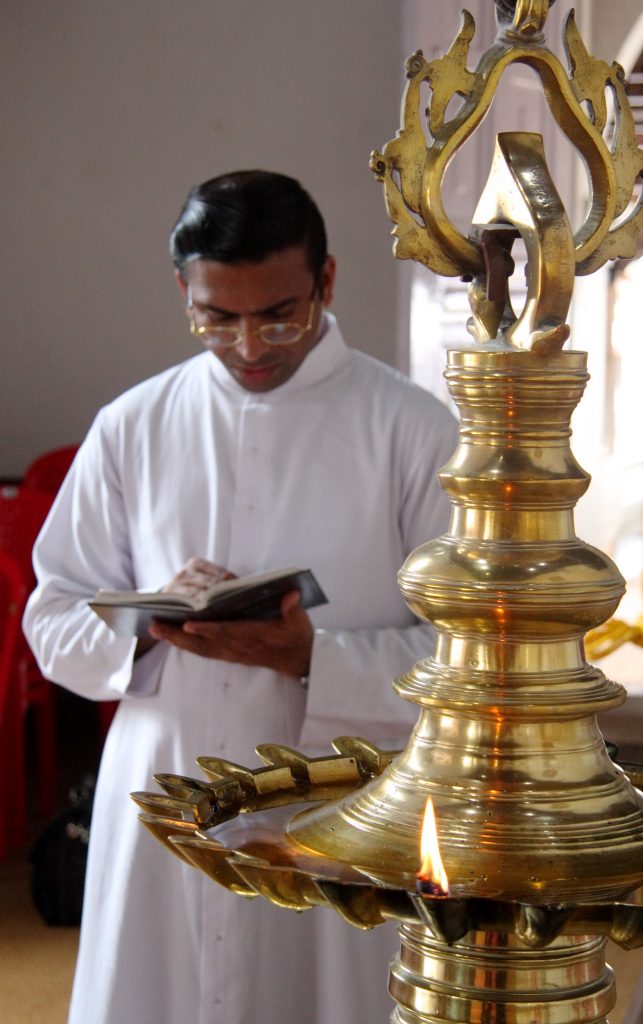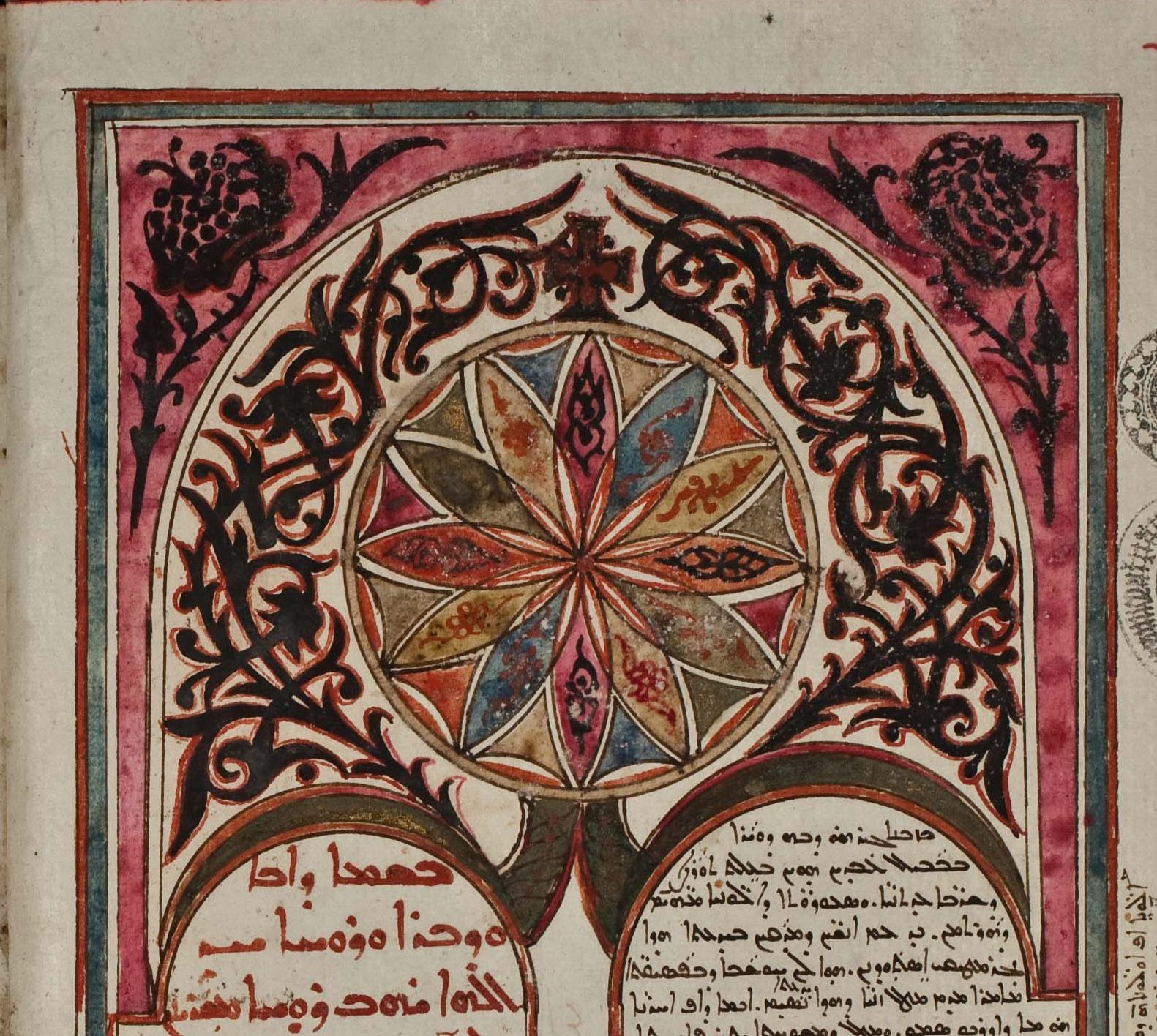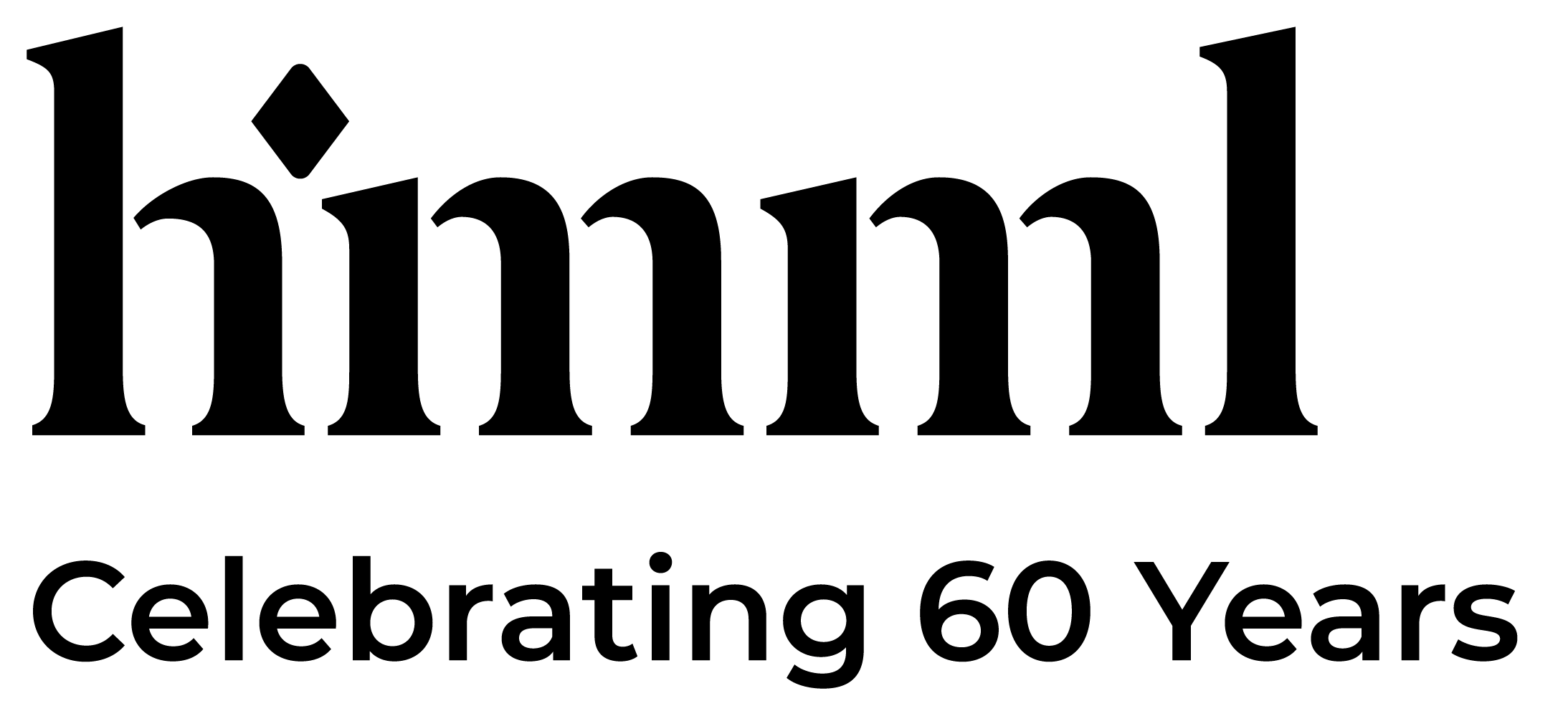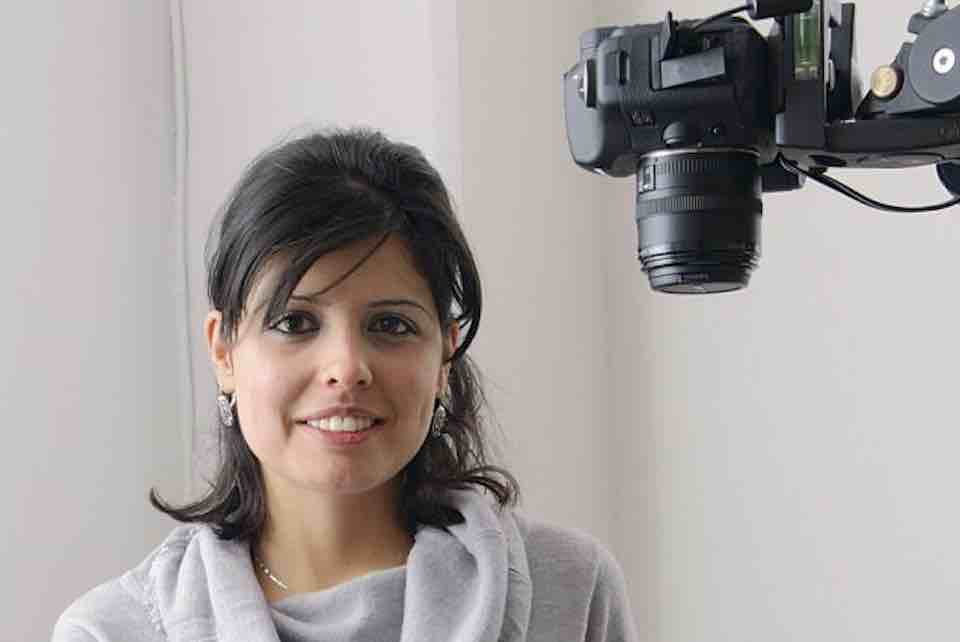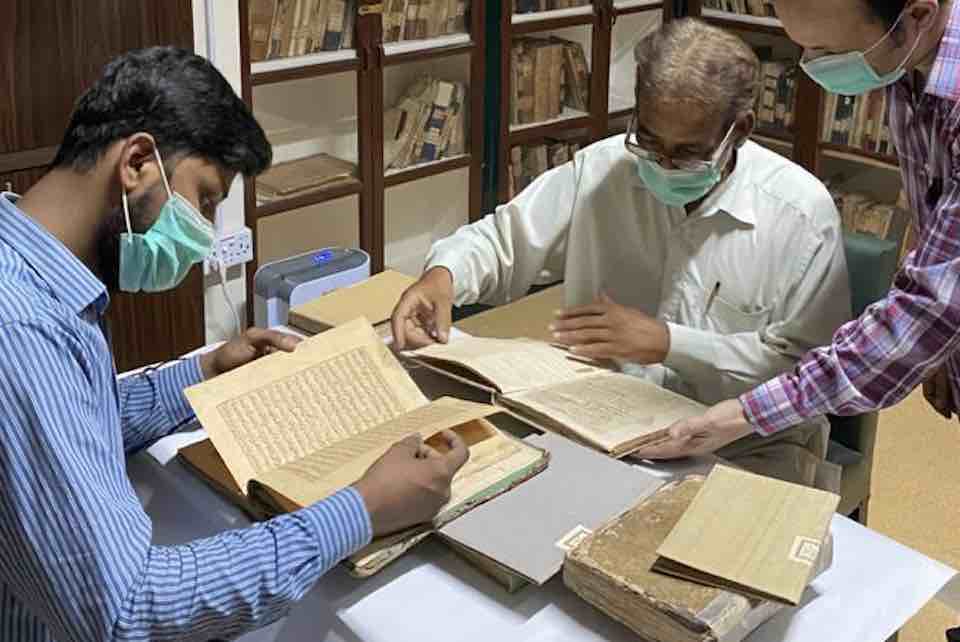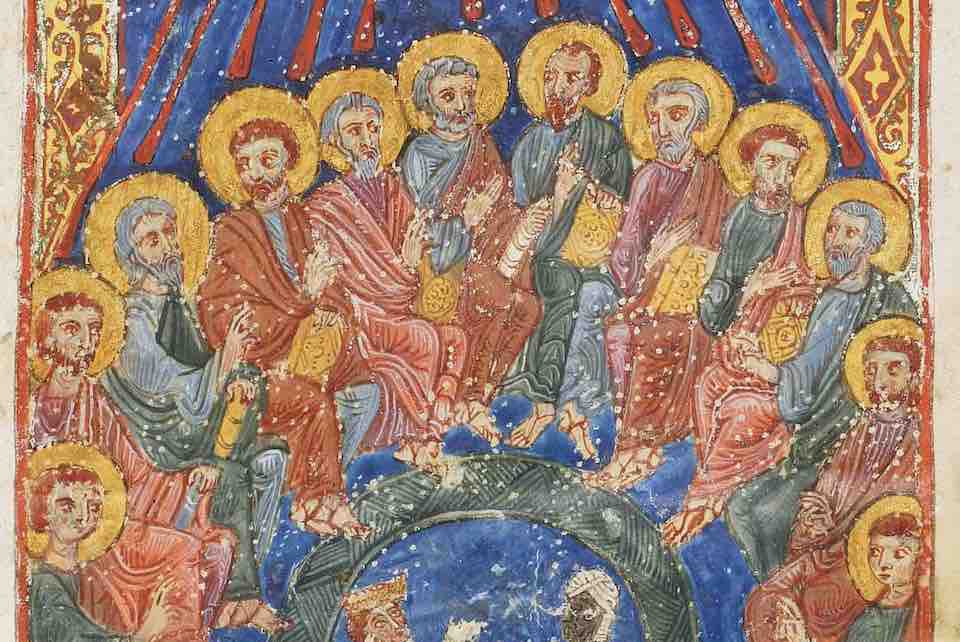HMML Global Operations: India
India
-
Region
Asia -
Country
India -
Cities
Lucknow, Mahmudabad, New Delhi, Hyderabad, various cities in the states of Kerala and Tamil Nadu -
Repositories
Raja of Mahmudabad Palace Library; Umdatul Ulama Library; Kitābk̲h̲ānah-yi Mumtāz al-ʻUlamā; Fakhruddin Ali Ahmed Research Library; Jamia Hamdard Library (New Delhi); Chaldean Syrian Church (Thrissur); Dharmaram College; Haadi-e-Deccan Library and Research Institute; Konat Collection (Pampakuda); Major Archbishop's House (Ernakulam); numerous other repositories of Christian and Islamic manuscripts in Kerala and Tamil Nadu -
Languages
Arabic, English, Hebrew, Malayalam, Malayalam Garshuni, Mandaic, Manipravalam, Neo-Aramaic, Persian, Sanskrit, Syriac, Urdu, and others -
Project Dates
2008–2013, 2018–present -
Partners
Malaibar Foundation for Research and Development (Calicut); Central European University in Budapest, Hungary (CEU); Roshan Institute for Persian Studies; Digital Preservation of Kerala Archives (DiPiKA); École française d’Extrême-Orient (EFEO, Paris and Pondicherry); Centre for the Study of Manuscript Cultures at Universität Hamburg (CSMC); Vadakke Madham Brahmaswam (Vedic Research Centre, Thrissur)
HMML is actively pursuing projects in India and throughout South Asia. Work in India began in 2008 with colleagues from CEU, establishing ties with the ancient Saint Thomas Christians of Kerala in southwest coastal India, who trace their origins back to the earliest Christian era. Their tradition, rooted in the Syriac Christianity of Mesopotamia and incorporating elements of local culture, survived the arrival of Portuguese missionaries in the late 15th century. Archivist Reverend Father Ignatius Payyappilly of the Archdiocese of Ernakulam-Angamaly, Kerala, led the field work beginning in 2008 to digitize paper and palm-leaf manuscripts written in Syriac, the local language of Malayalam, and Malayalam Garshuni (Malayalam written with Syriac alphabet). In 2018, HMML began working in northern India with the library of the Raja of Mahmudabad in Lucknow—a collection of over 2,000 Persian manuscripts still held by the family. These collections in Kerala and Uttar Pradesh illustrate the blending of imported religious and literary culture fused with local traditions.
In 2023, HMML began work with DiPiKA to digitize and catalog endangered, largely-Hindu manuscripts written in Sanskrit, Malayalam, and Manipravalam languages. These collections are kept in private households and religious institutions of the two southernmost states of Kerala and Tamil Nadu. The manuscripts are the only traces left of specific intellectual, religious, and literary traditions peculiar to that part of the Indian subcontinent. The project, which expands a differentiated and multilingual history of these regions, is a collaboration with EFEO, CSMC, and the Vadakke Madham Brahmaswam.
